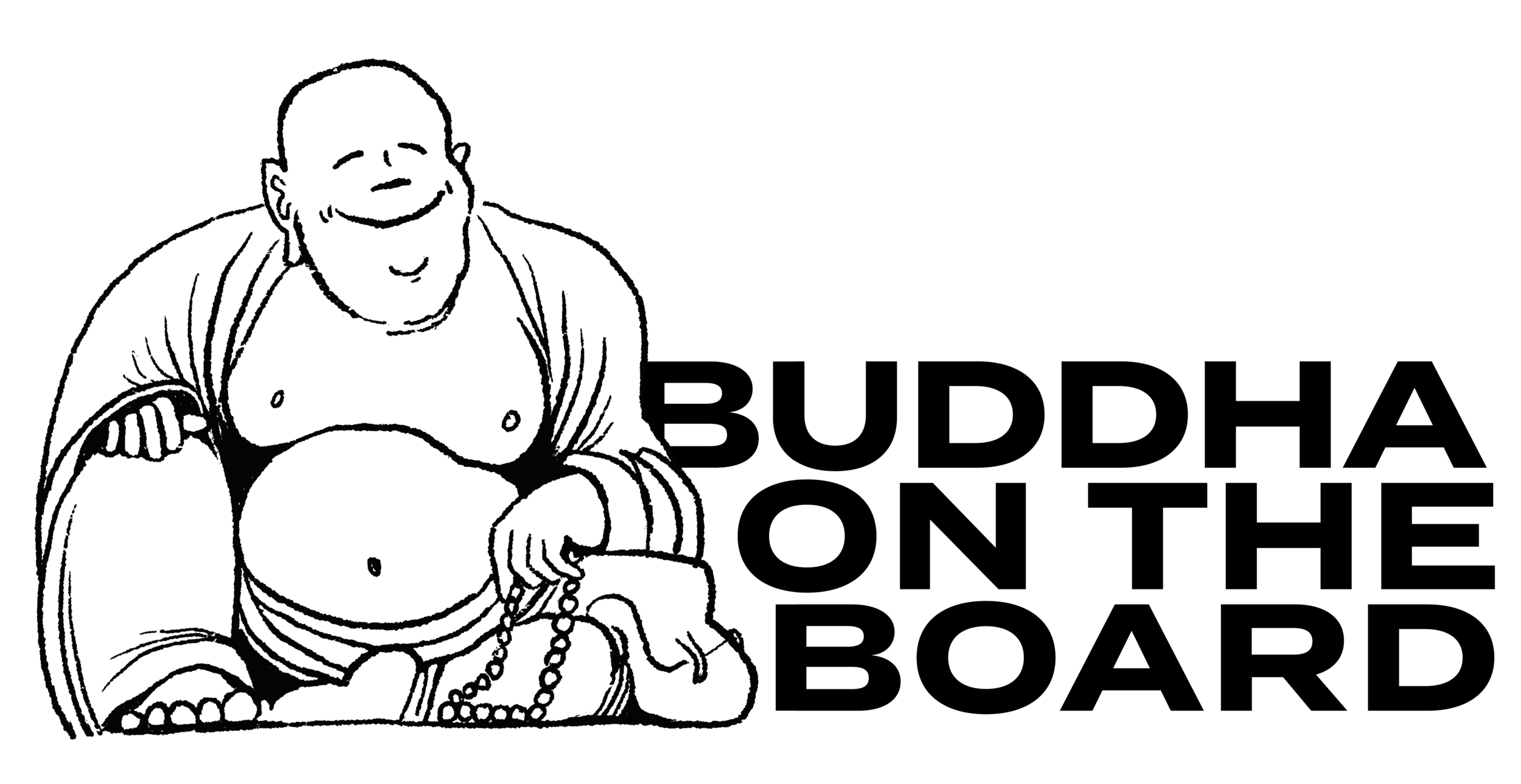Is Your Company On It's Way Out?
Most 80 year olds are pretty stuck in their ways.
The systems which propelled them along are pretty set. And when they’re set, they’re hard to change.
What is true for us as individuals is true for us organisationally.
The systems which kept us going become ingrained. Like an evolving species, we repeat the things which work. And ignore everything else.
Until they stop working so well. Then we die.
All companies die in the end. And a good thing too. Space to be made for new ideas, new best practise, new ways of doing and thinking and working and playing. Ideas which are of their time.
So if you’re sitting atop an organisation, what to do?
Accept that the natural way is ultimately death and proudly and triumphantly navigate your organisation to its natural conclusion?
Ignore it all together?
Or evolve? Let new seeds of opportunity catch the wind and sew new gardens of goodness, right for their time and place? Sure, the old company dies, but its children thrive.
The first is noble but uncomfortable.
The second is stupid but typical.
The third is most challenging but fun. Let’s play here.
Start with what makes change so difficult.
No great insight here.
The systems which made us strong come to constrain us.
The neural pathways of goodness become the neural pathways of limitation.
The market in which you operate shifts, but you’ve remained the same.
Oh, and our organisations are full of people (for the time being at least), and people are better at holding on than letting go. A quirk of the mind.
What to do?
Organisations talk a good game about innovation and change.
But talk is cheap.
When I speak to you or you speak to me, the wizards have calculated, the words we use account for just 7% of what is communicated. More important is tone and voice (38%). More important again is body language (55%).
Again, what is true for the individual is true for the organisation.
We look beyond words for the real indicators.
Signals like what is measured, reported. How we’re remunerated. What we talk about in meetings. What we’re challenged on, rewarded for. What is accounted for?
If you talk about change but the underlying system remains the same, the 7/35/55 discrepancy alarm bells ring. This is about trust. Or a lack of.
All of this makes change very difficult. But you know that.
Conditions for change and systems of change are important.
Getting to 80 and deciding to change won’t work. You need to be change ready. You need to embed the behaviours, the mindset into the fabric of the organisation. Change, like everything, requires practise.
Change is difficult when we’re shitting our pants. We freeze. But, equally, the greatest motivator of change is need. If you want your people to shift, to change, to adapt, they need to believe the need.
But they’ll only believe the need when the signals, not the words, support it.
We know that change bubbles first at the margins. People out there on the periphery are likely already experimenting with the change you desire. Who’s taking the time to look? To celebrate? Who is dentifying and highlighting the successes? This is what builds momentum. It sends a signal. It reinforces the right behaviours. It compounds.
These people on the margins might not identify as innovators. They’re quiet. They’re listening. They’re making connections. They have a natural curiosity.
There may not be many, maybe just 50, but these are your agents of change. Know them. Feed them.
Who are they? How do they know their time is well spent? Are they encouraged to be effective or efficient? One supports change, the other constrains.
It’s in these micro shifts, each and every day, that systems of change grow and thrive.
